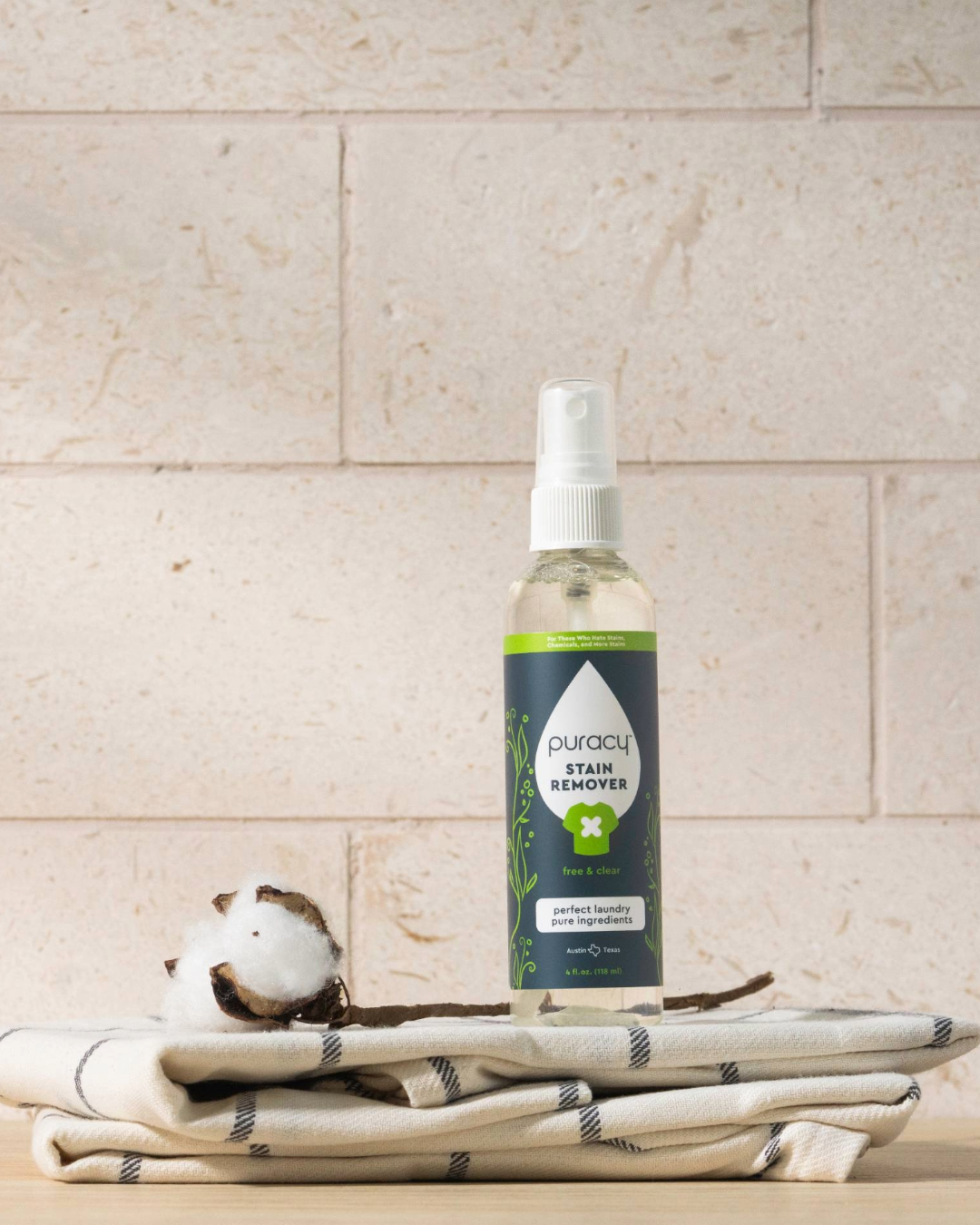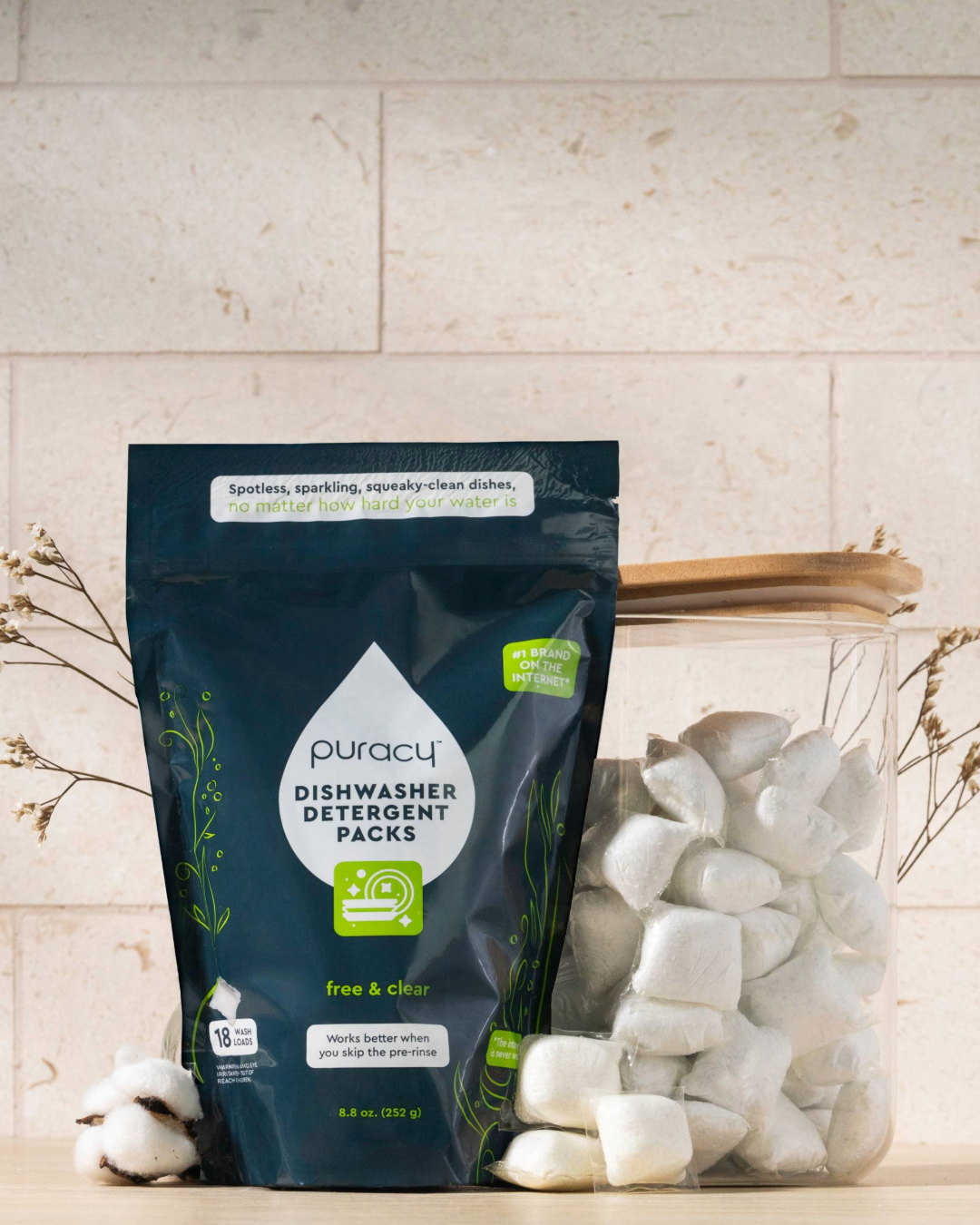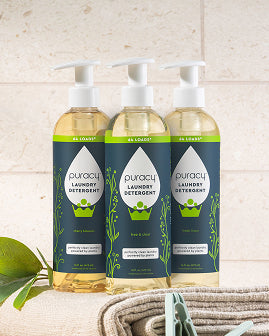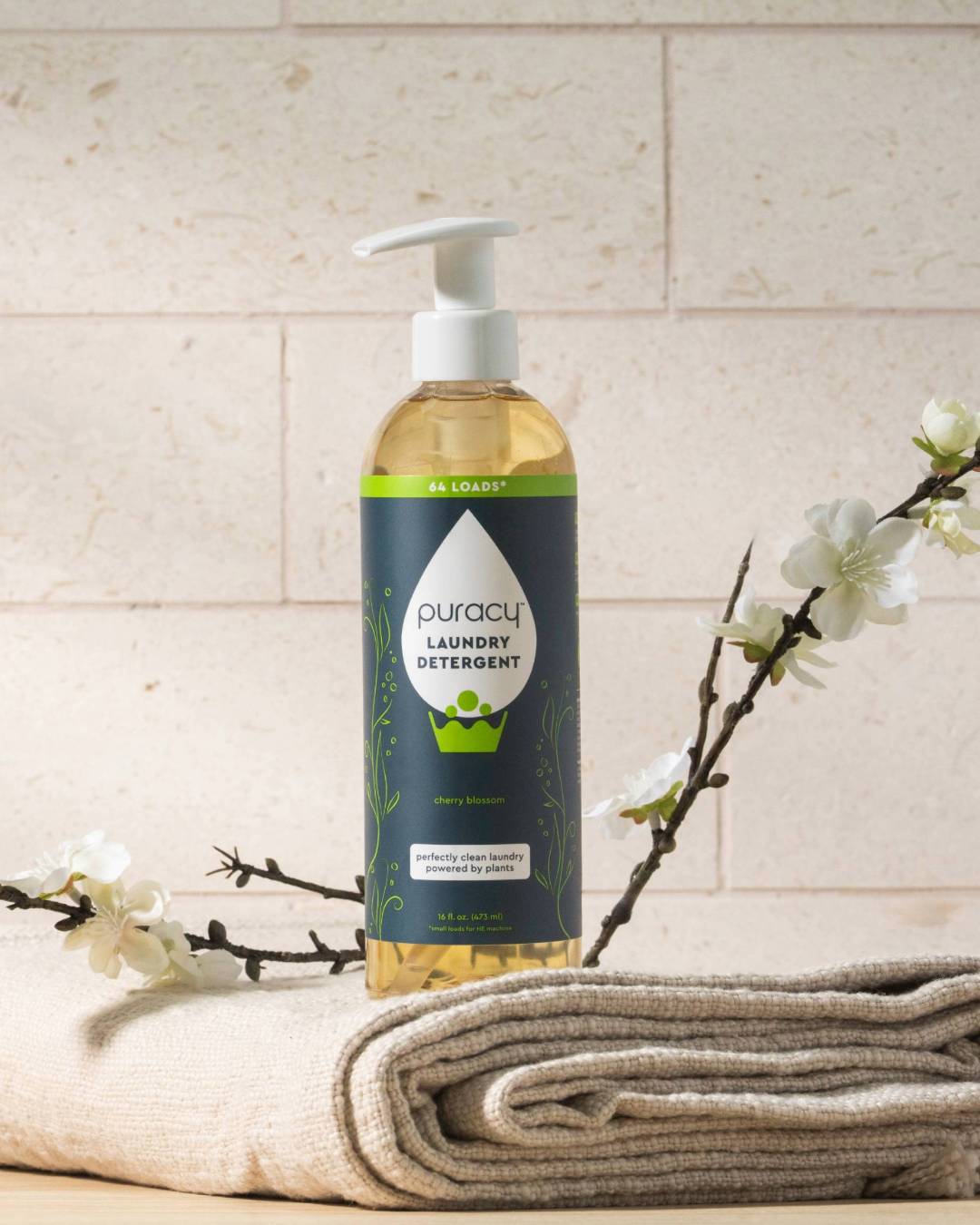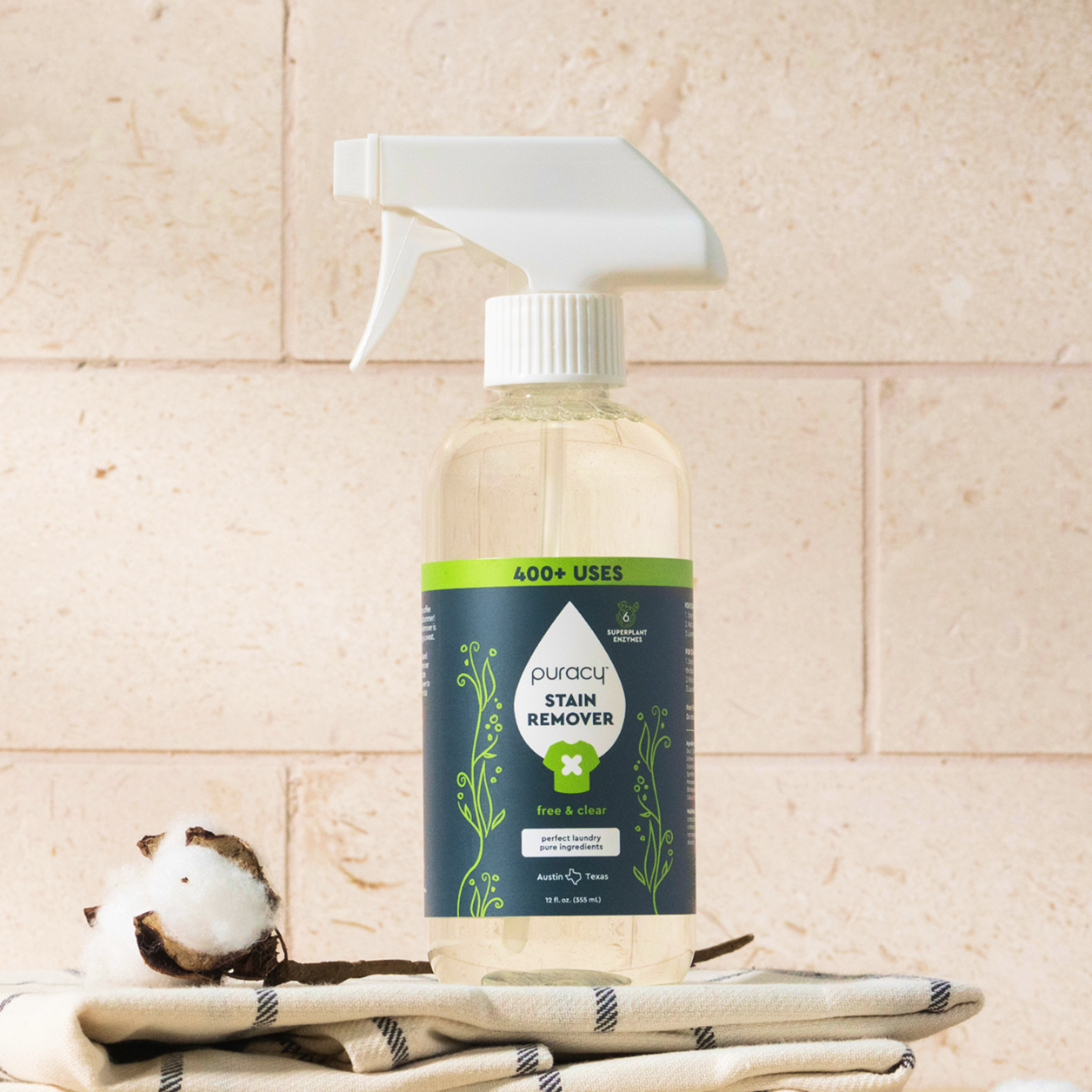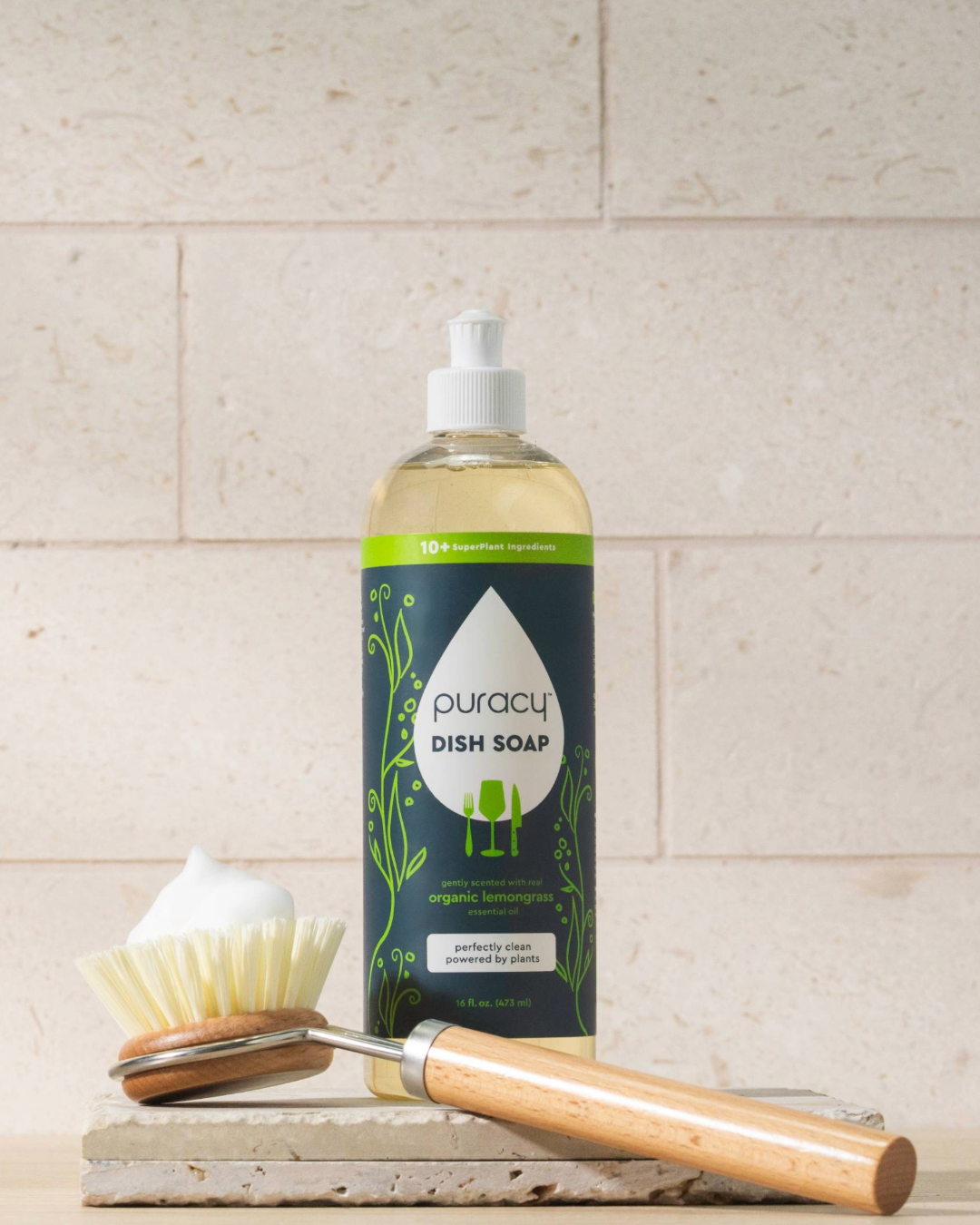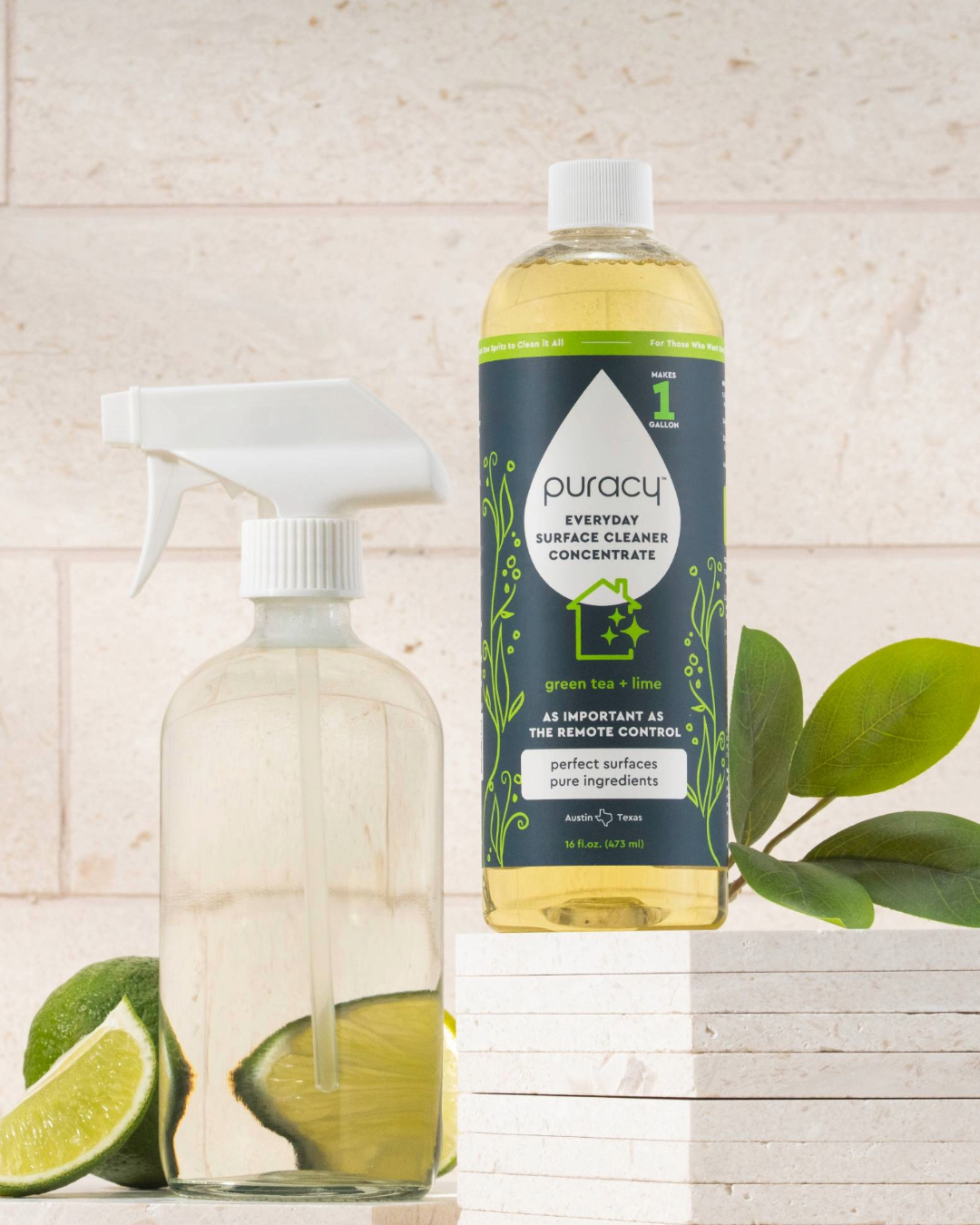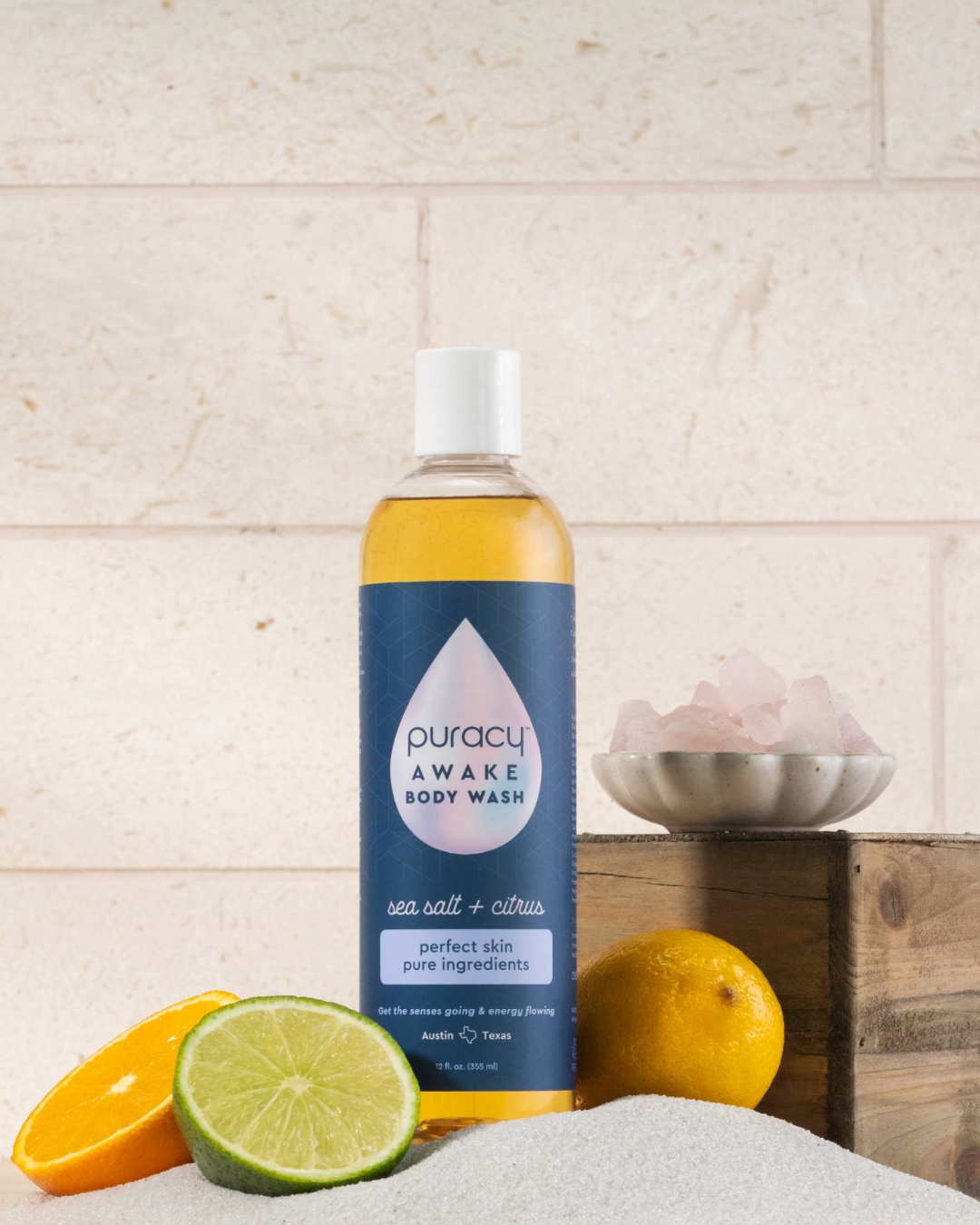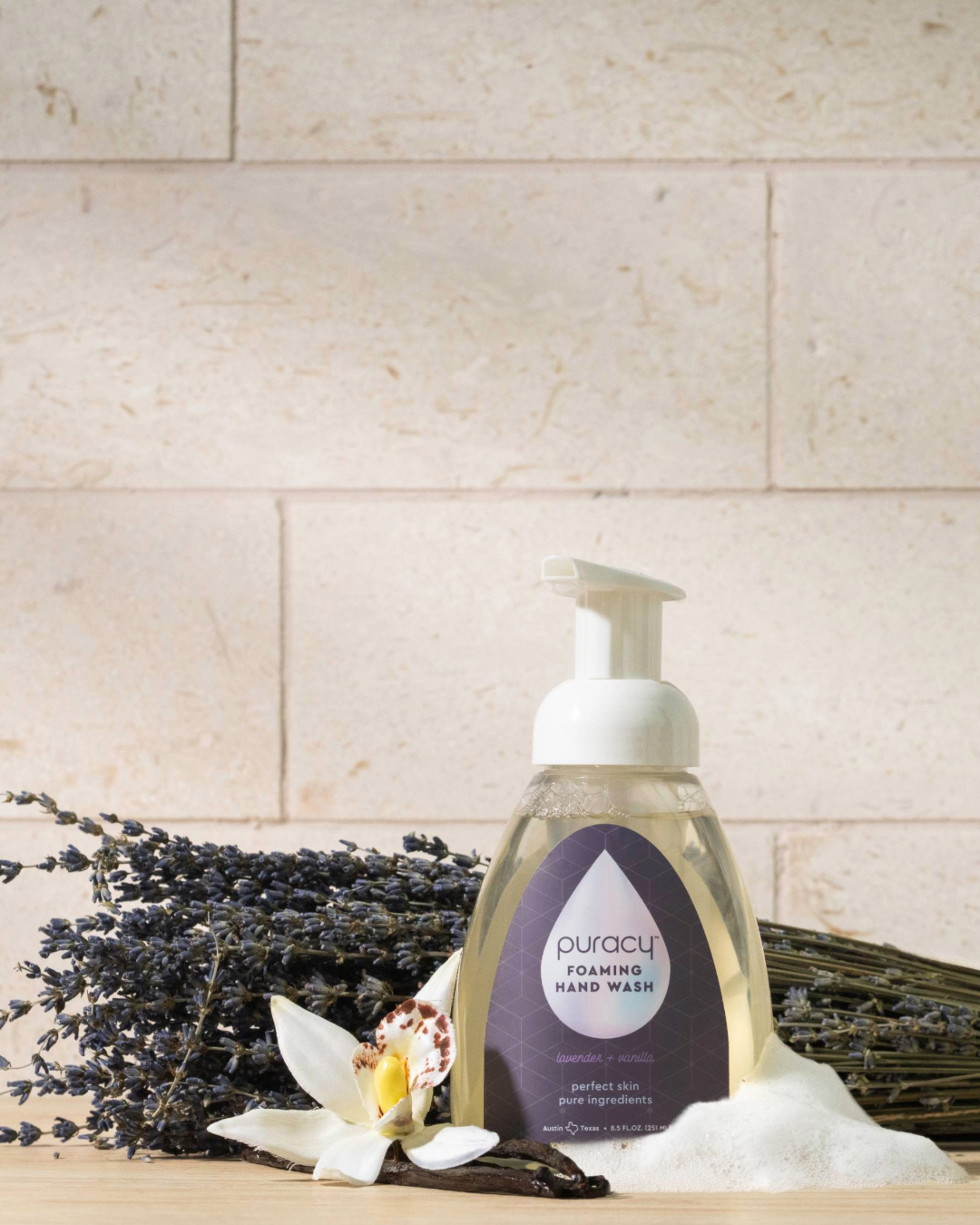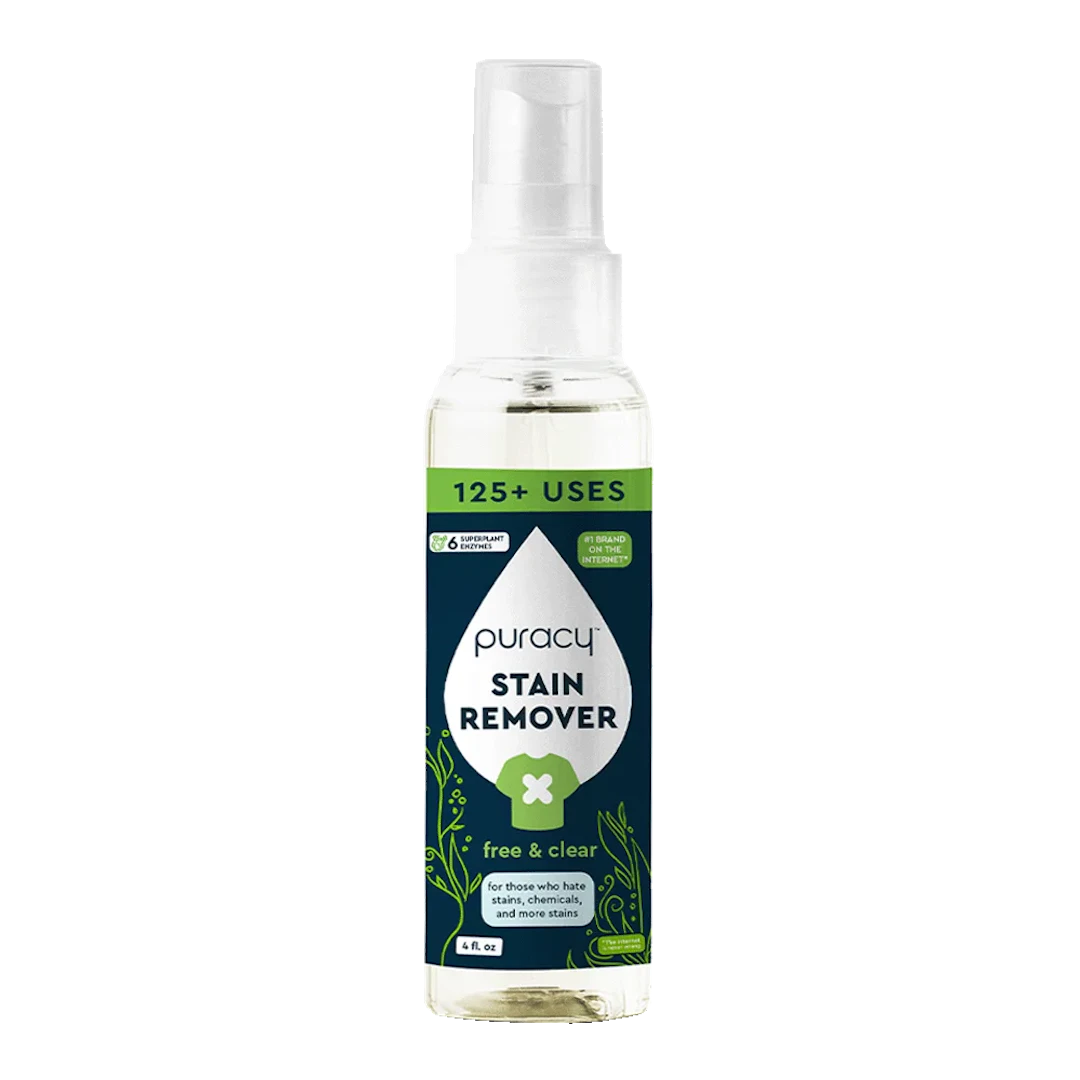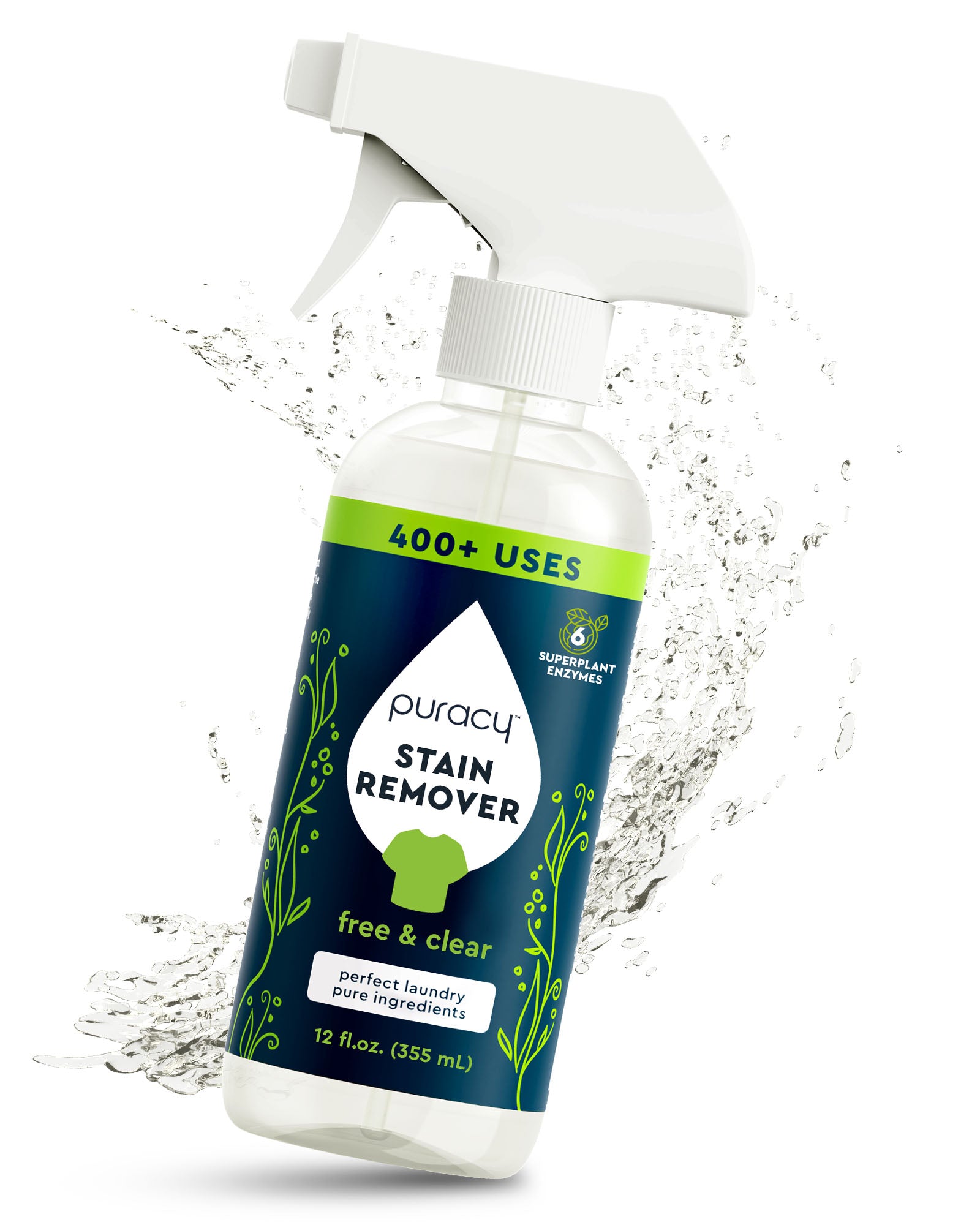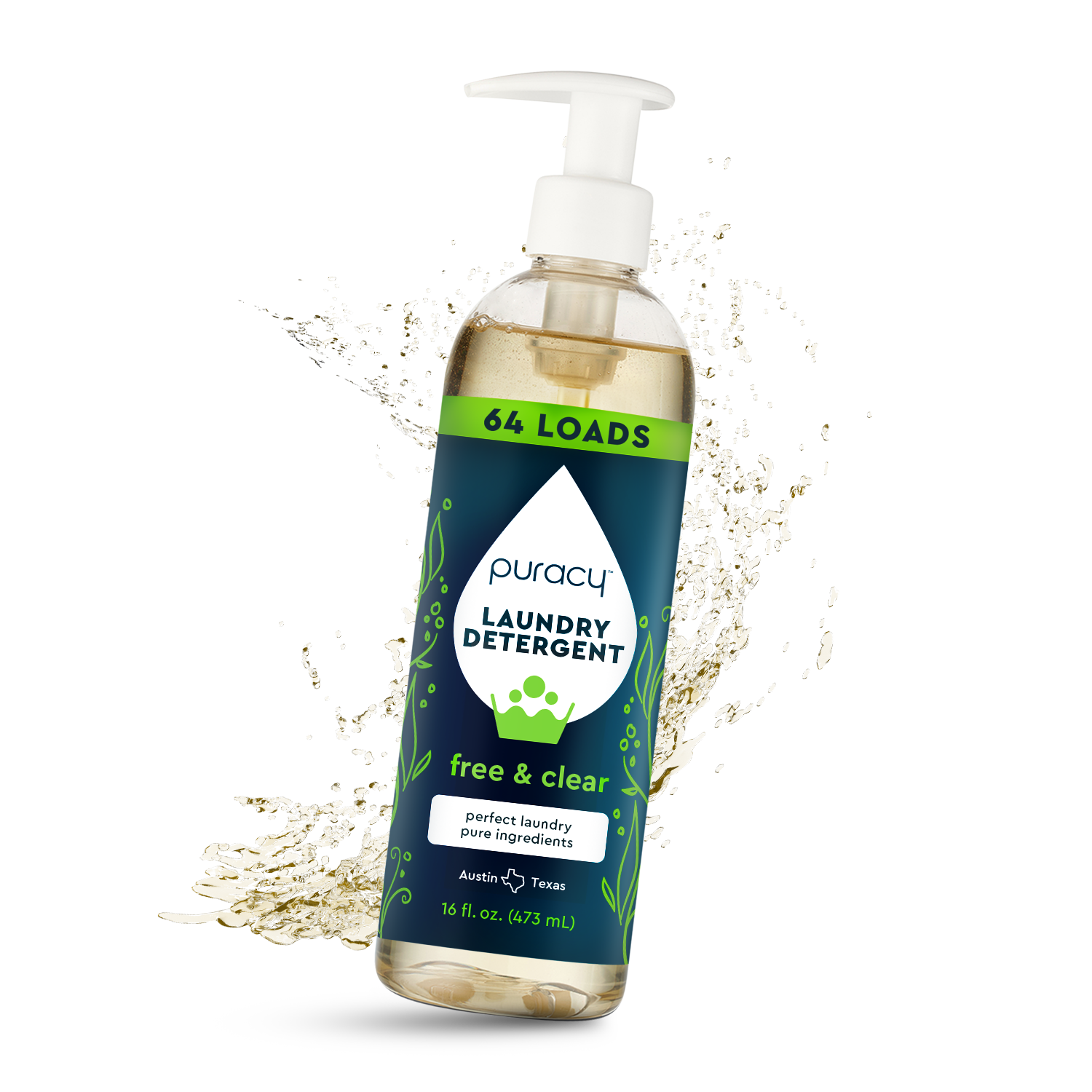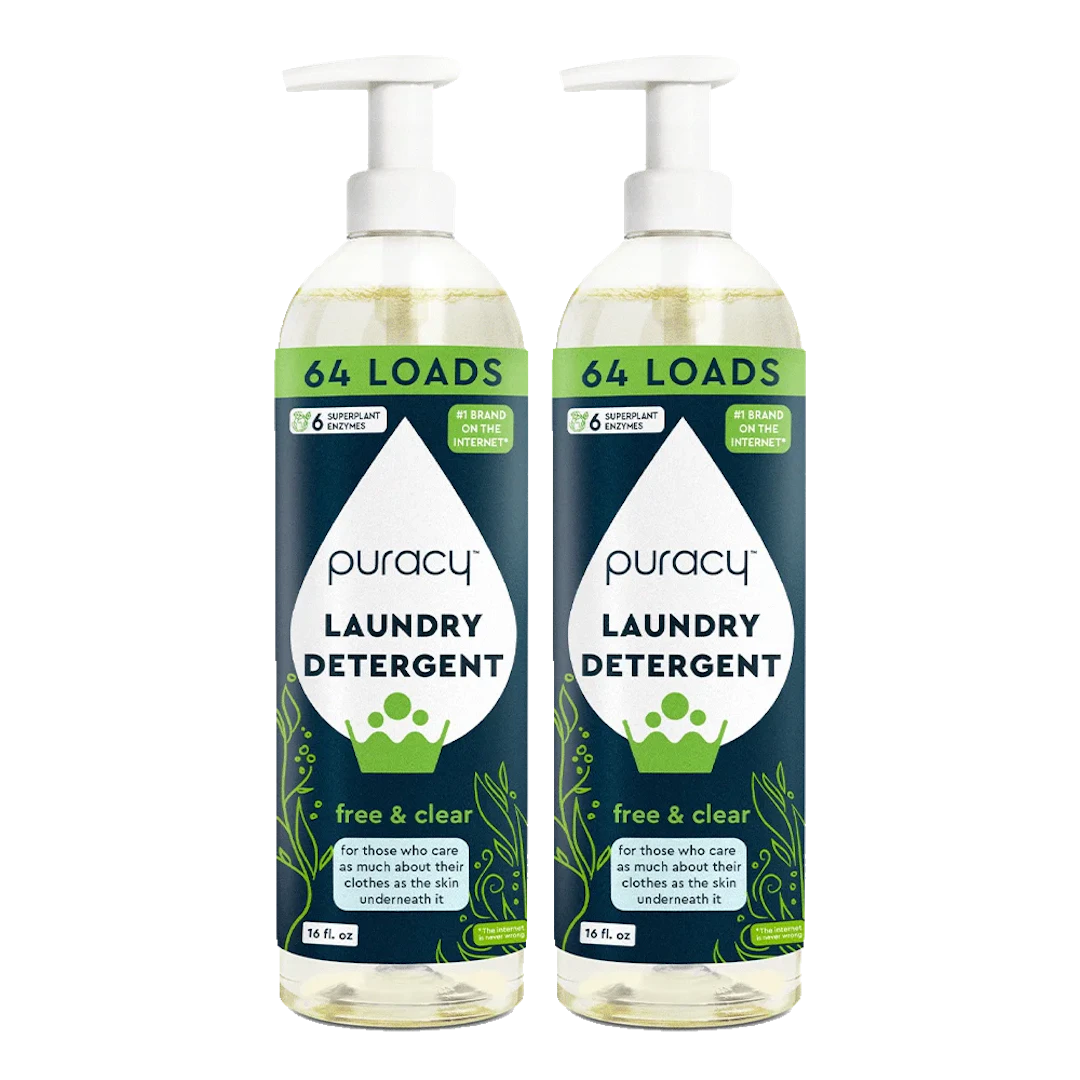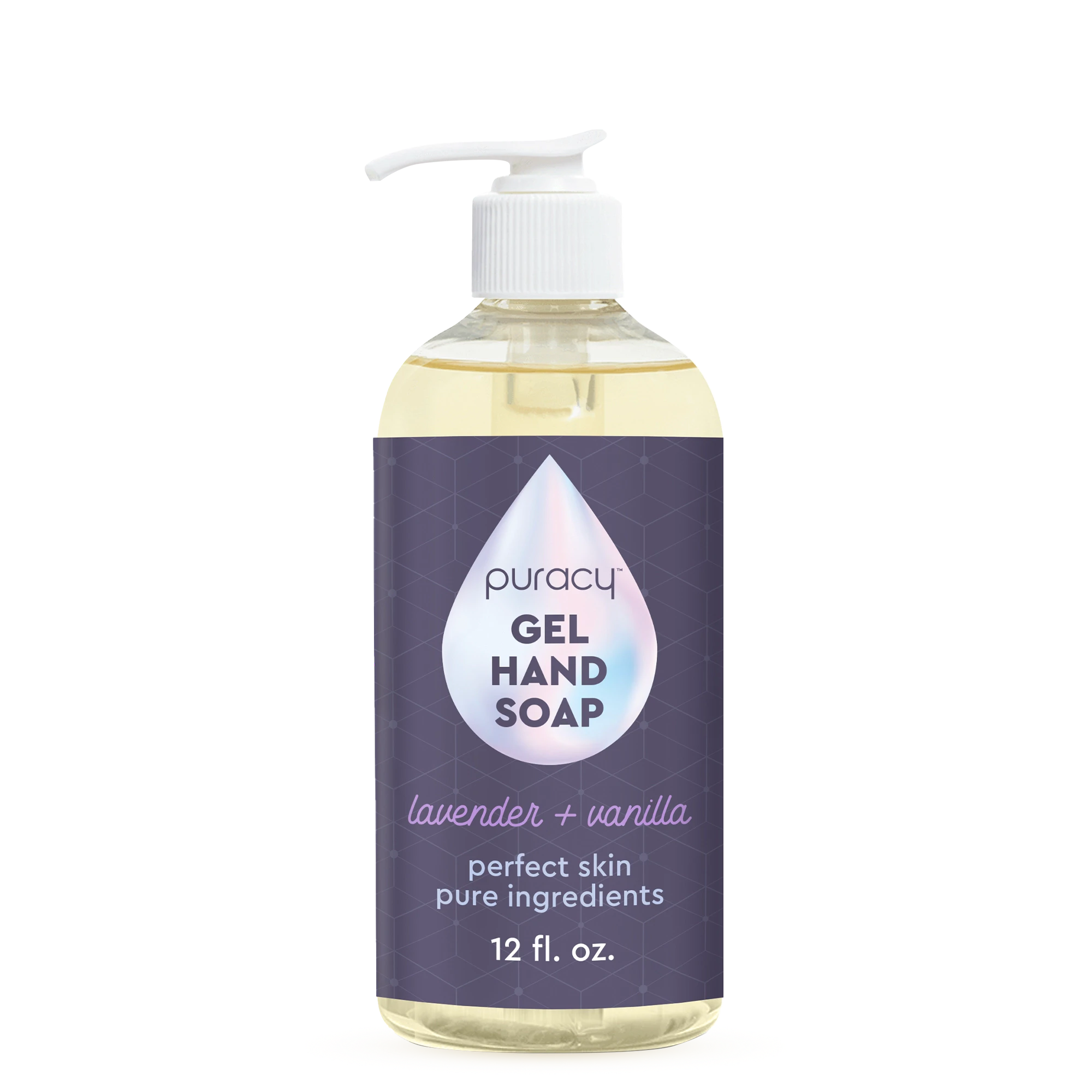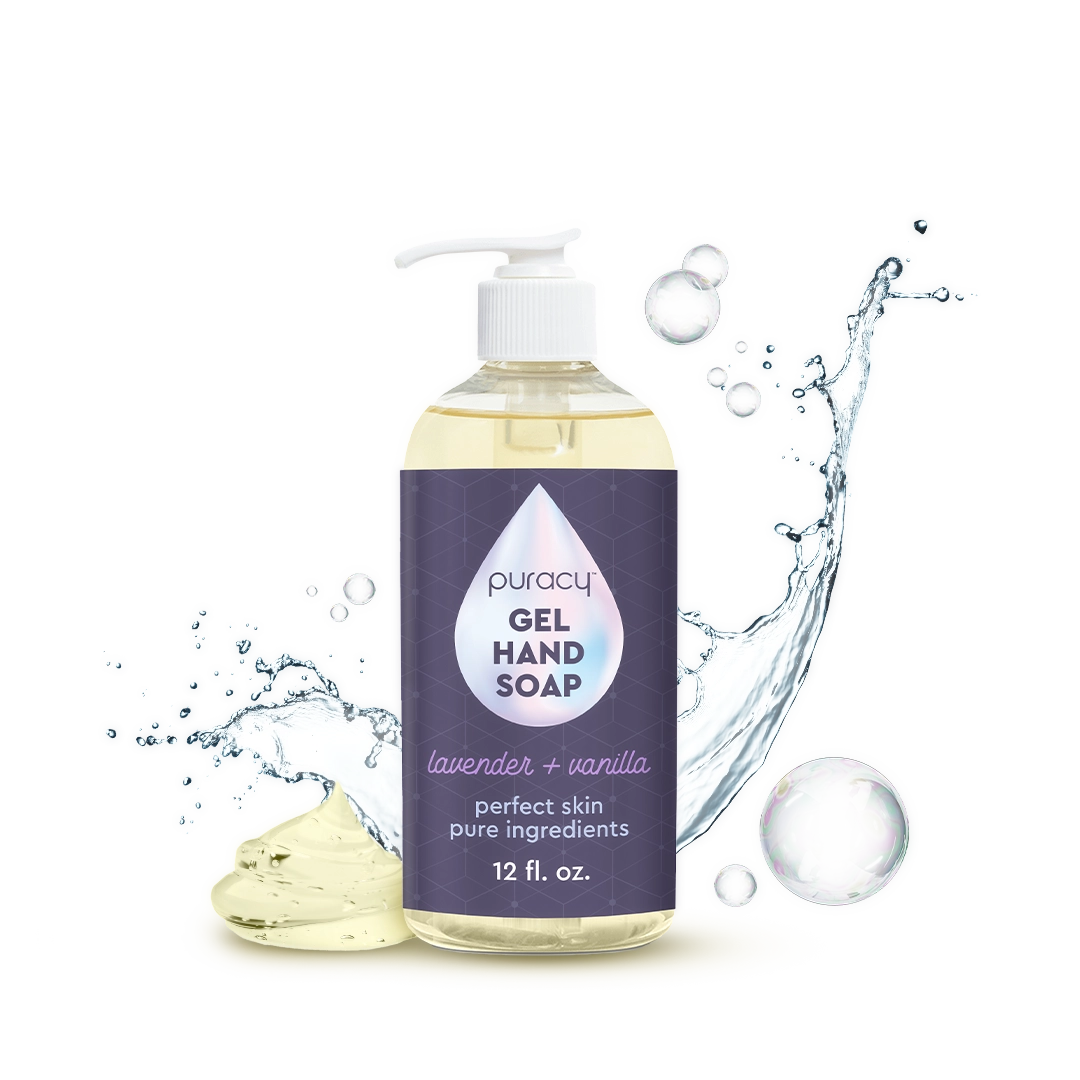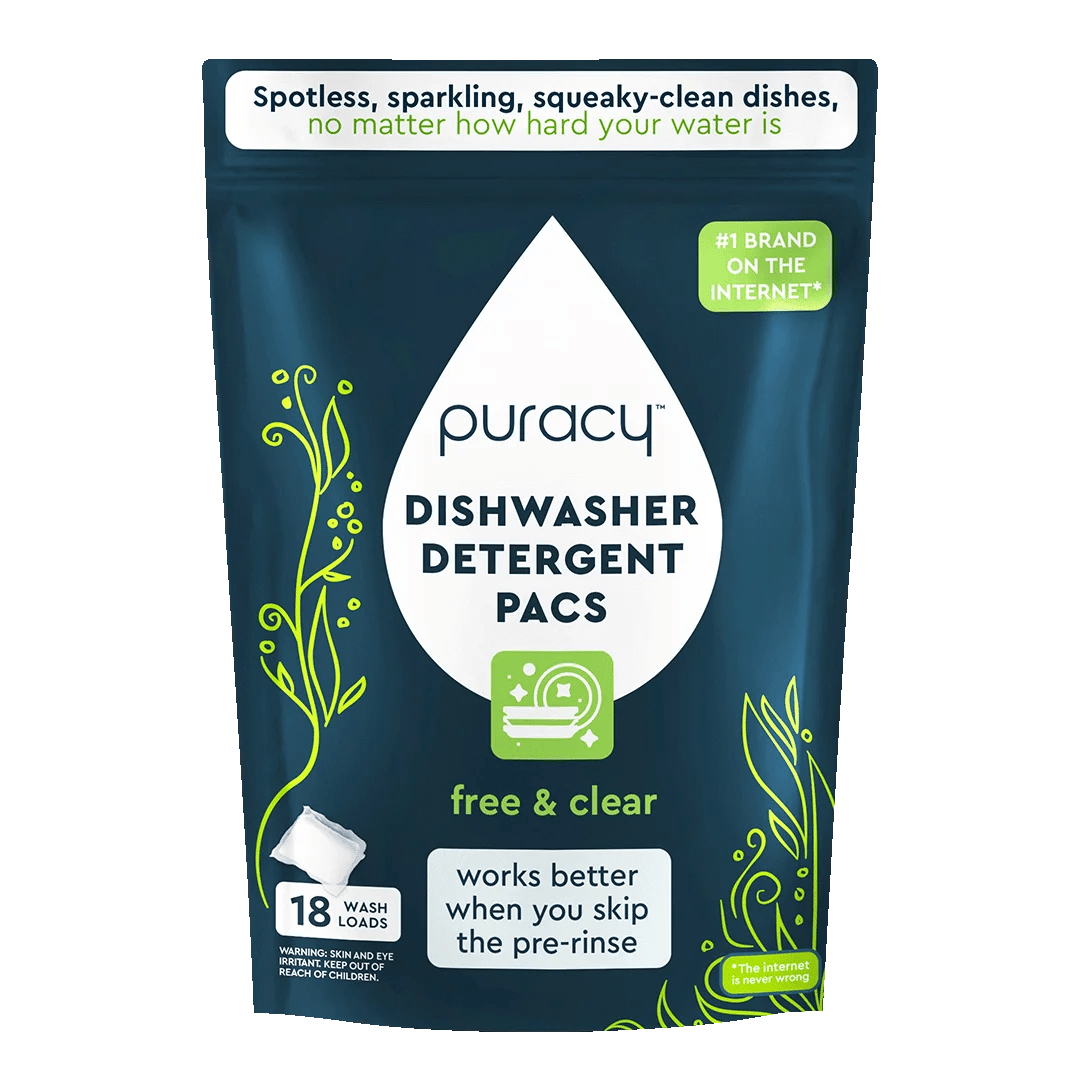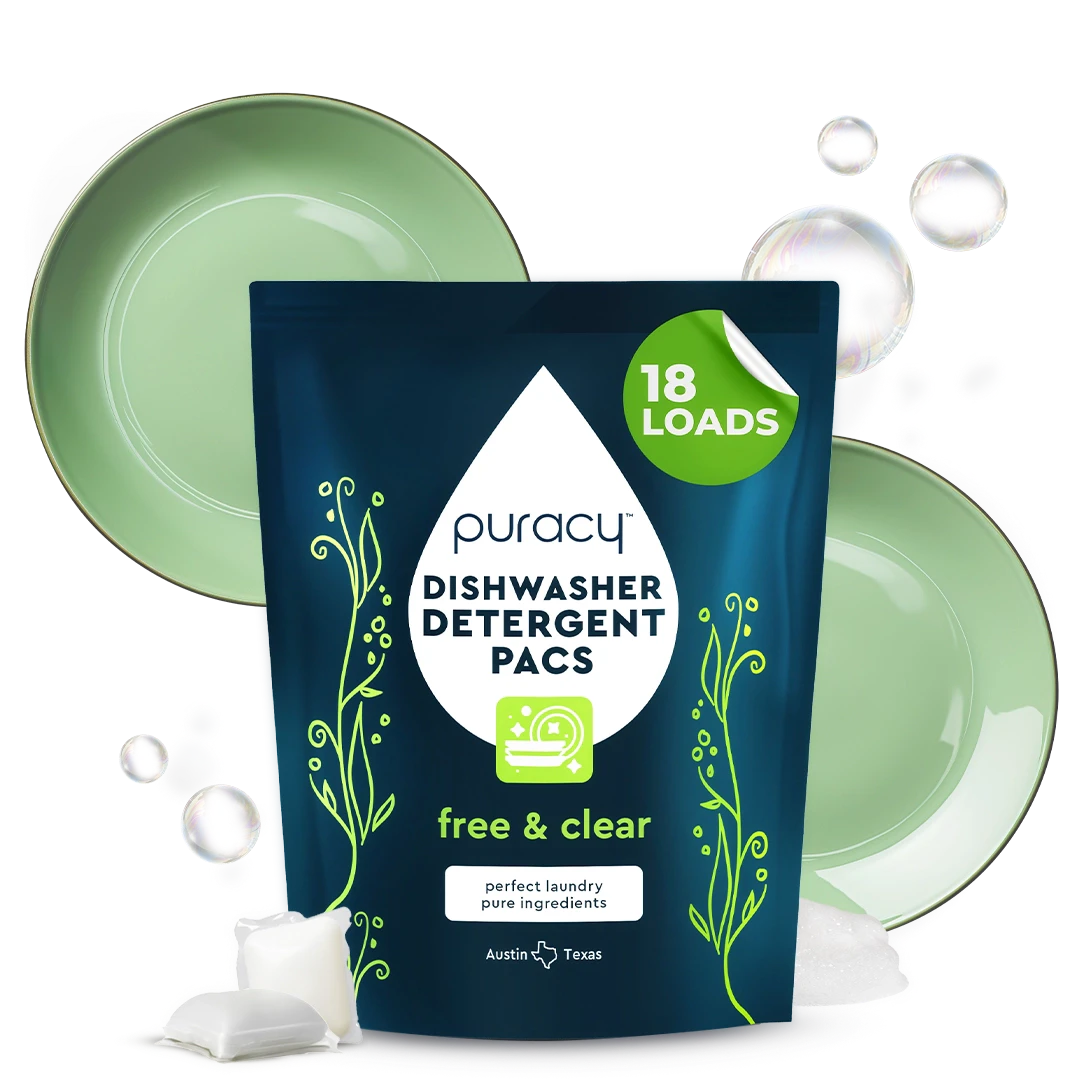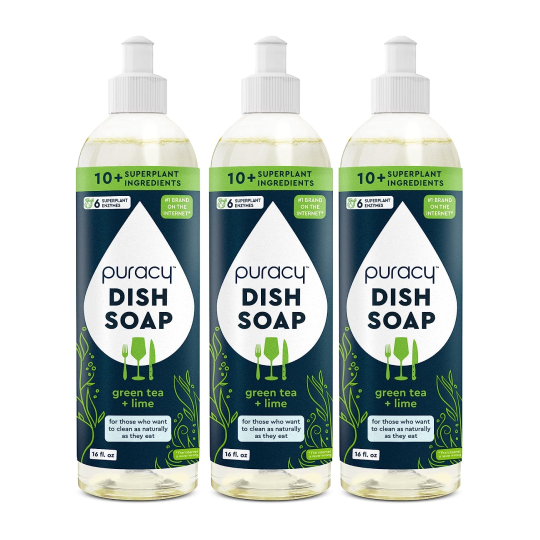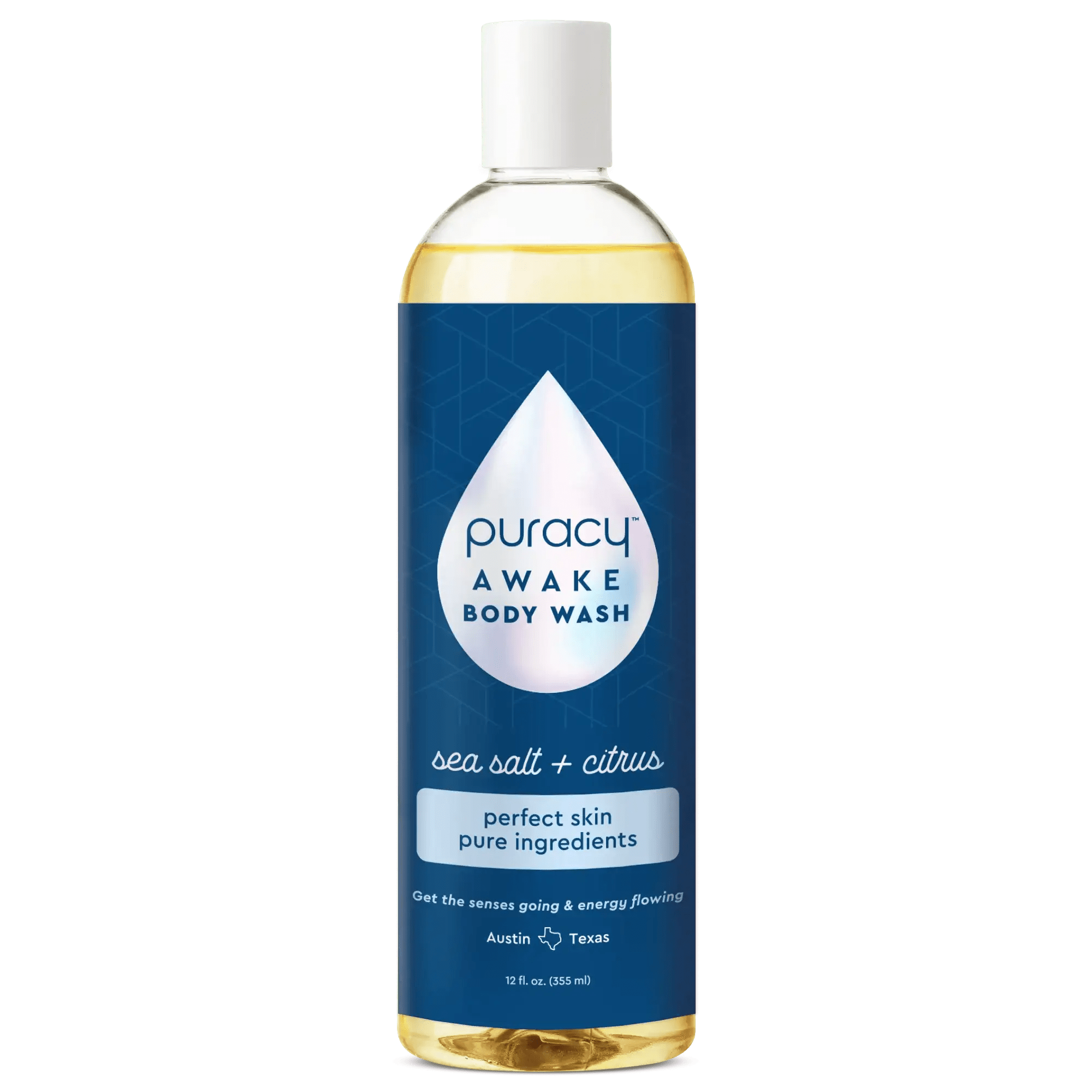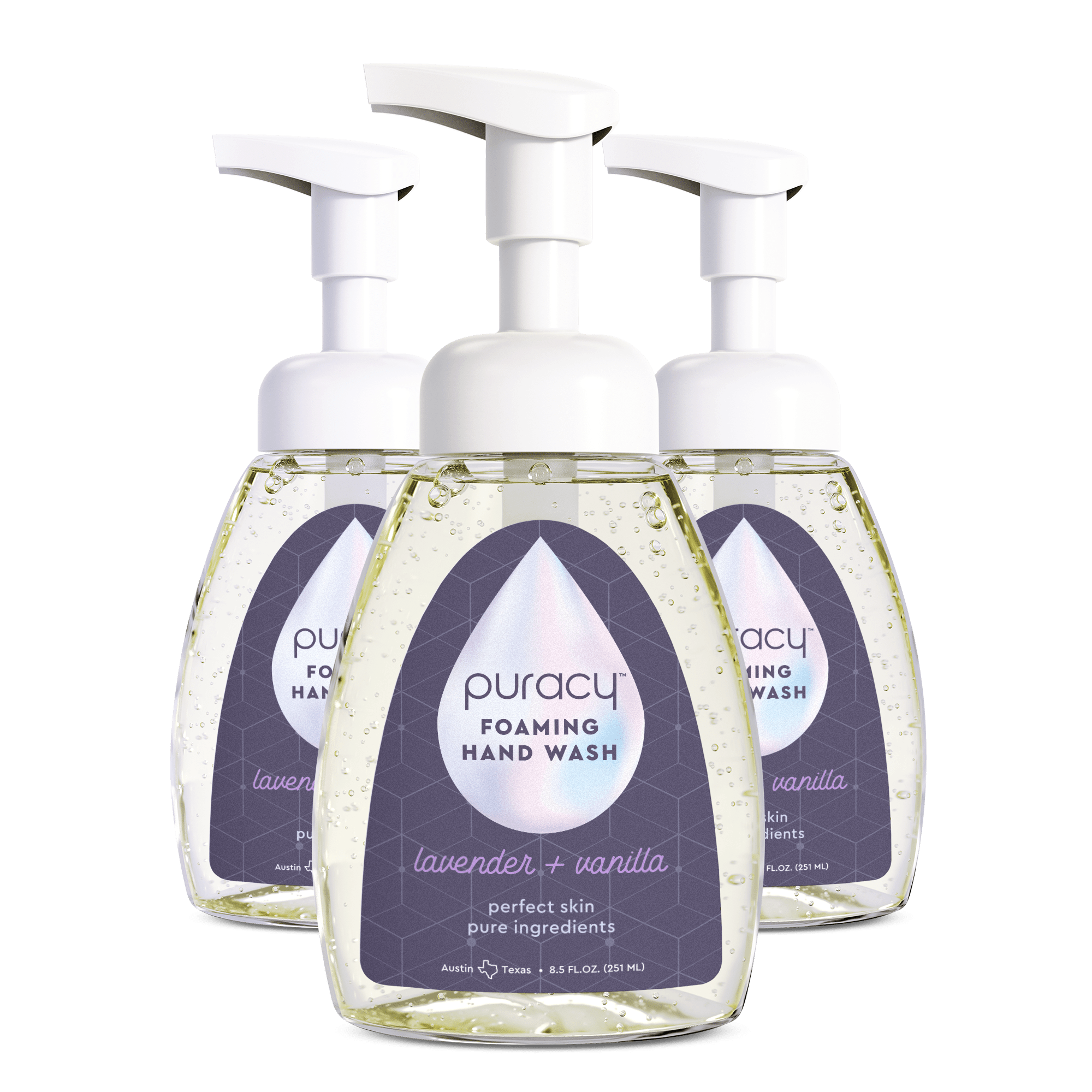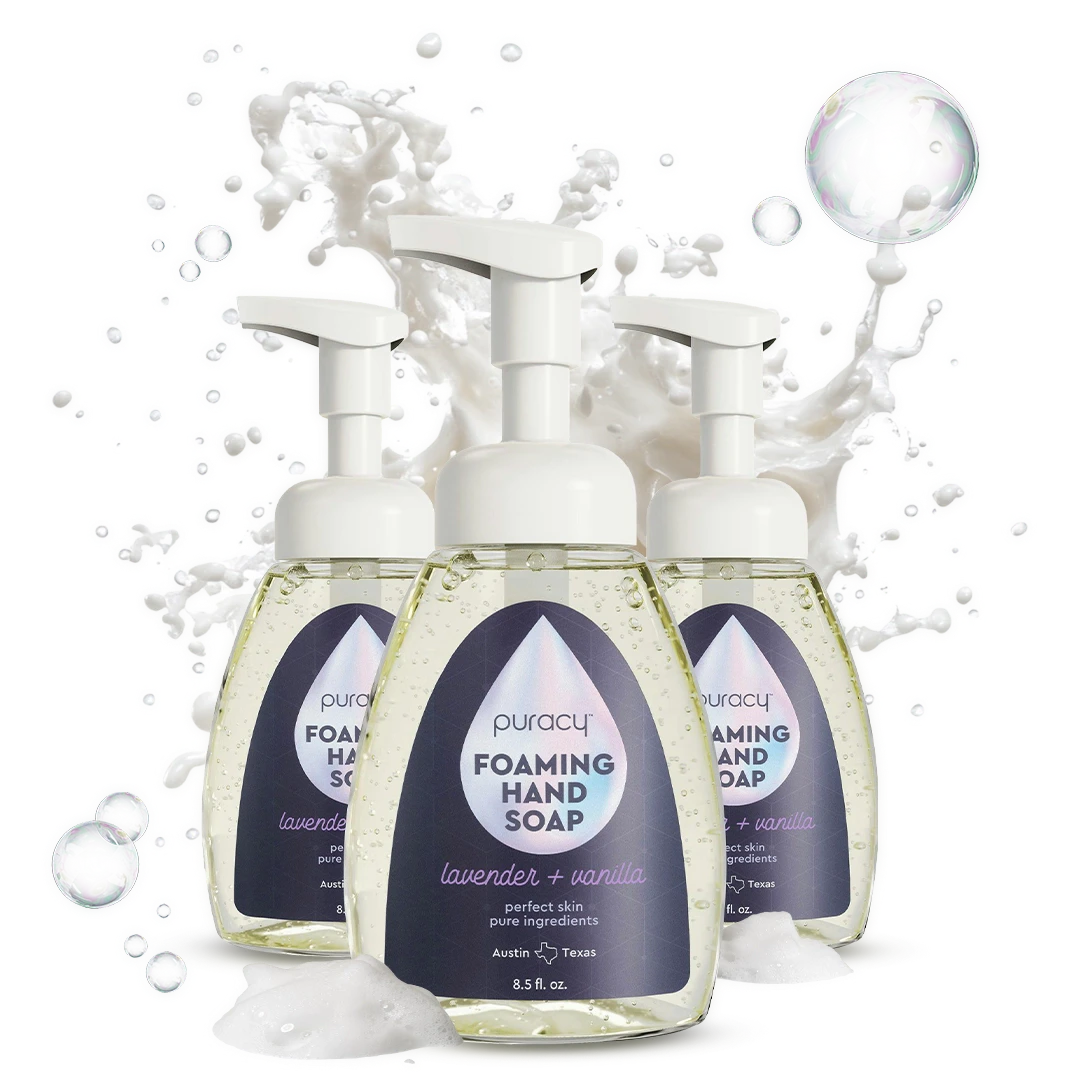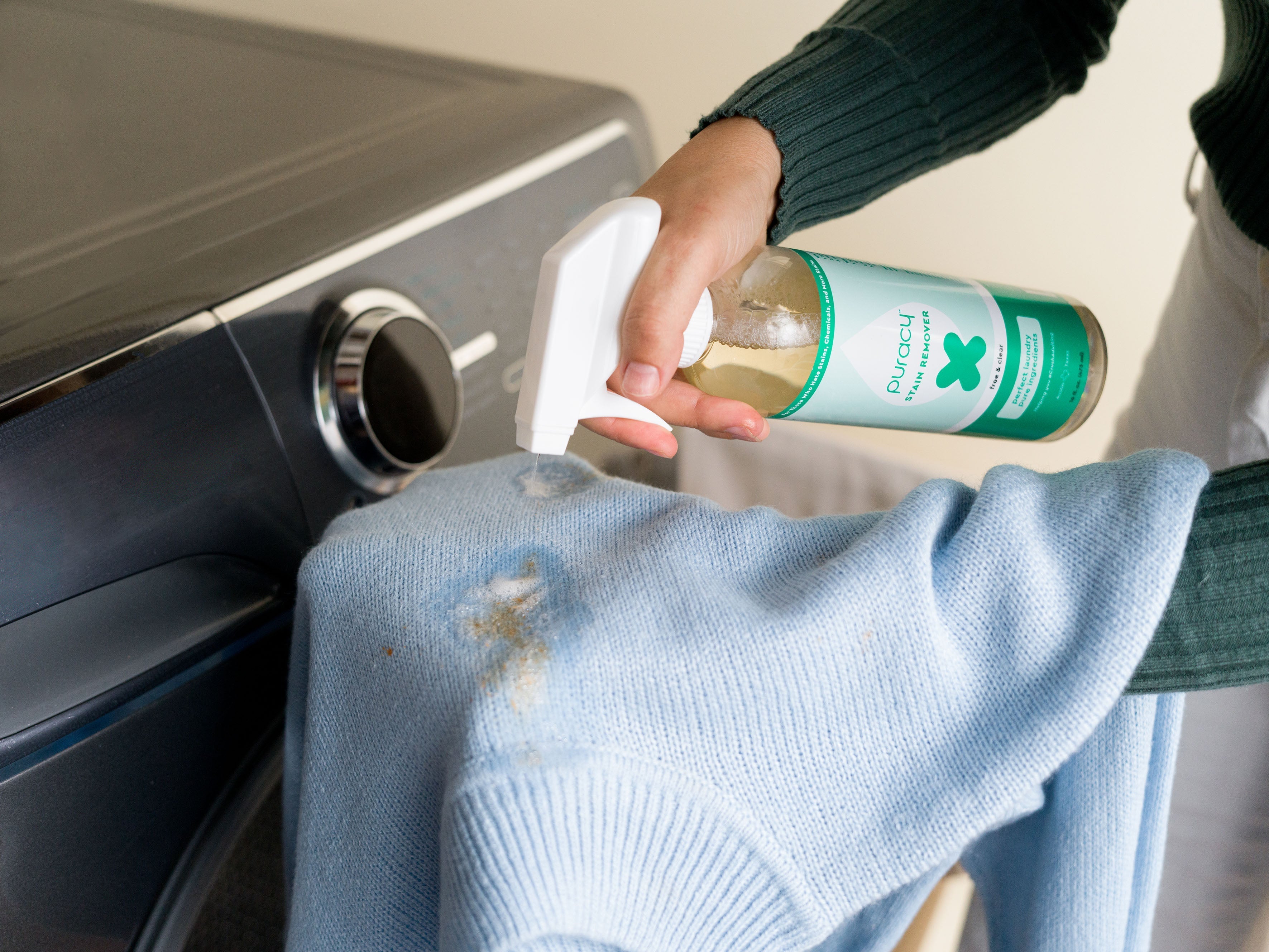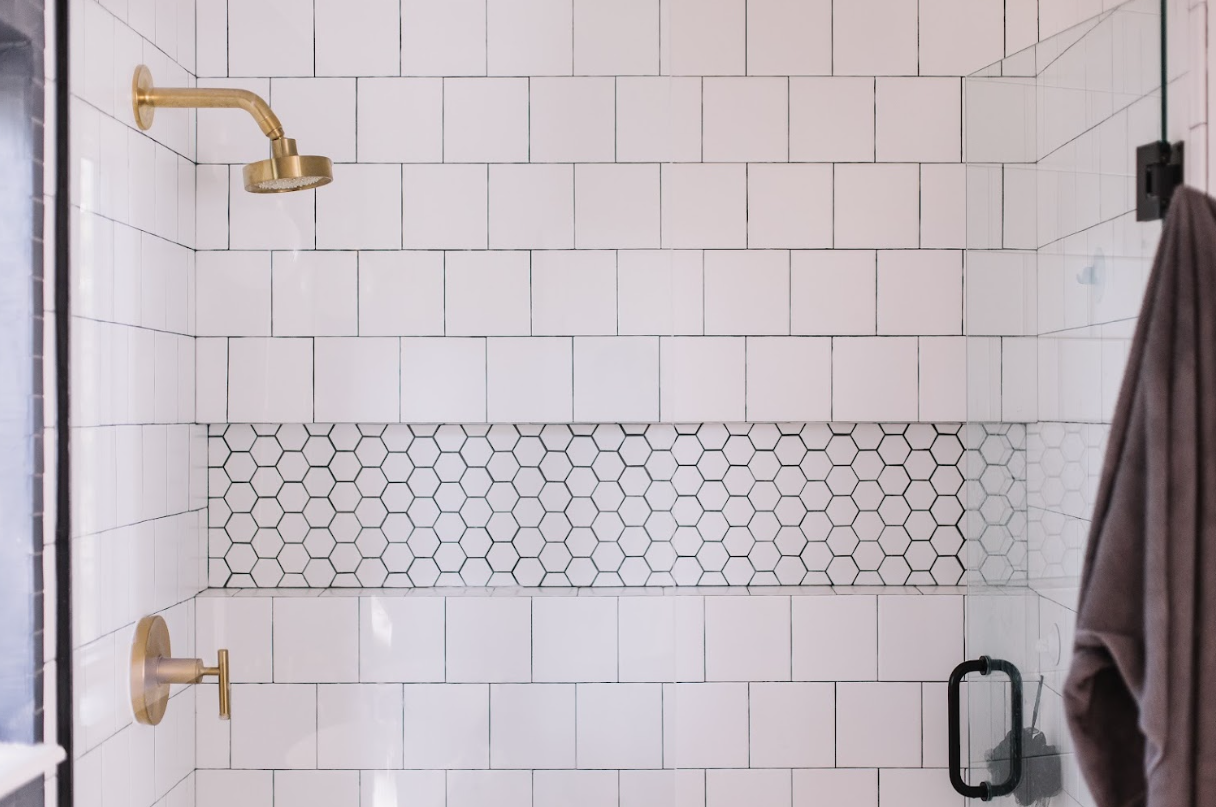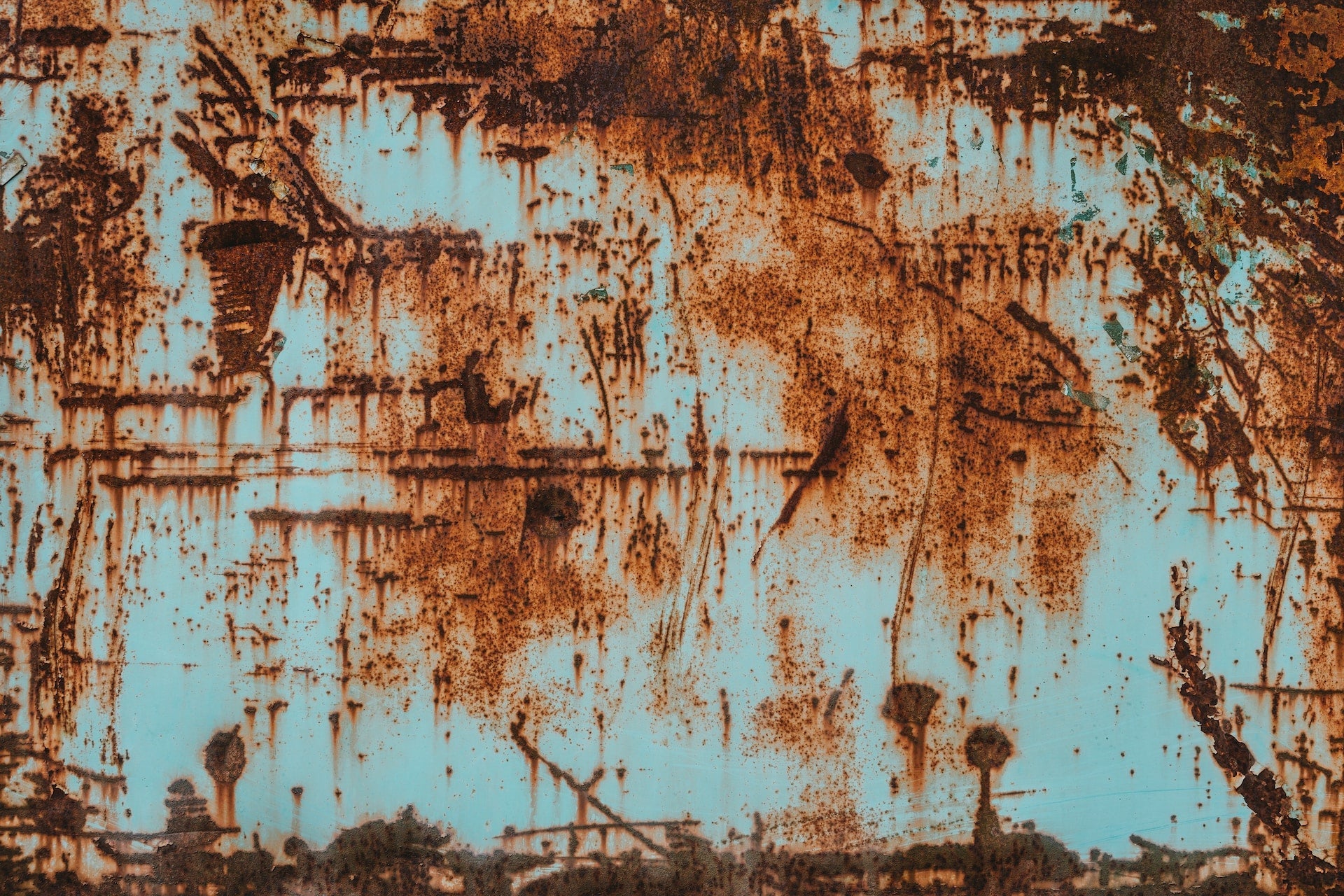
How To Remove the Toughest Rust Stains
It can be tricky trying to figure out how to remove rust from clothes, upholstery, or other surfaces. But fear not: with the right cleaners and some handy tips, those rust stains will be gone in no time.
How to Remove Rust From Clothes

To get rid of rust on clothes, first be sure to have the following supplies:
- Old cloth or towel
- White vinegar or Lemon Juice
- Natural Stain Remover
- Natural Laundry Detergent
By pre-treating the stain with white vinegar and Stain Remover, heavy-duty laundry detergent isn’t needed. Follow these steps to remove the stain:
- Place the towel directly under the stain.
- Pretreat the stain by applying a small dab of white vinegar (or gently scrub half of a lemon) on the affected area.
- Rinse the item thoroughly with cold water.
- Allow the item to dry outside in direct sunlight.
- Spray affected area with Stain Remover, let sit for 15 minutes, or up to 8 hours for older stains.
- Wash the item according to fabric care instructions.
- Repeat steps 1-3 as necessary.
Pro tip: For non-machine-washable fabrics, take the item to a professional dry cleaner or apply a thick solution of lemon juice and salt to the affected area. (Test the mixture on a small part of the item first to ensure colorfastness.) Then let the item dry outside in direct sunlight.
How to Remove Rust from Carpet

Have rust stains on carpets or rugs due to metal furniture? You'll need the following:
- Old towels or cloths
- White vinegar
- Salt
- Natural Stain Remover
- Carpet & Upholstery Shampoo
- Bucket
Follow these steps to target the stain:
- Pretreat the stain by saturating a cloth in white vinegar, then wring it dry.
- Apply a light sprinkling of salt on the stain.
- Place the vinegar-dampened cloth atop the affected area.
- Let the solution sit for 30 minutes.
- Spray affected area with Stain Remover, let sit for 15 minutes, or up to 8 hours for older stains.
- Mix warm water and Carpet Shampoo in a bucket. Soak a clean cloth in the mixture and gently agitate the stain.
- Repeat the previous step using warm water and a clean towel to remove the cleaner from the carpet.
- Once dry, vacuum the area.
Pro tip: Avoid using chlorine bleach to treat rust stains since the solution will only set the stain even deeper into carpet fibers.
How to Remove Rust from Upholstery

For upholstery stained by rust, have the following on hand:
- Old cloths or towels
- A dull knife or spatula
- Dish Soap
- Household ammonia
- Salt
- Lemon Juice
Follow these steps to remove the stain:
- Scrape away any loose pieces of rust using a spatula or dull butter knife.
- Pretreat the stain with a mix of 2 tbsp Dish Soap and 1 tbsp household ammonia in 2 cups of warm water. Saturate a clean cloth and apply it to the affected area.
- Let the mixture sit for 10 minutes, then gently blot the stain with a clean cloth. Rinse away the mixture using a clean cloth dipped in clean water.
- If stain remains, apply a thick paste of 1/4 cup salt and 1 tsp lemon juice to stain.
- Let the solution sit for 2 hours or until it's completely dry.
- Spray affected area with Stain Remover, let sit for 15 minutes, or up to 8 hours for older stains.
- Mix warm water and Carpet Shampoo in a bucket. Soak a clean cloth in the mixture and gently agitate the stain.
- Once dry, vacuum the area.
Pro tip: Avoid using too much water when removing rust stains on upholstery since this can leave a discolored circle around the affected area.
Practical Tips for Removing Rust Stains

Take a deeper dive into how to remove rust stains to ensure these tricky blemishes don’t transfer onto other surfaces.
- Know When to Call the Professionals: For delicate fabrics like leather, suede, wool, or silk, it's best to take the stained item to a professional cleaner to avoid further damage to the clothing.
- Use Commercial Rust Remover With Caution: You can use a commercial rust remover for stubborn stains, but use this item carefully, as it can irritate skin and sinuses if inhaled too closely.
- Other DIY Cleaning Methods: Another DIY cleaning solution includes cream of tartar, baking soda, and hydrogen peroxide. These natural bleaching agents can be effective, but be careful to use it on delicate fabrics, as hydrogen peroxide can cause discoloration.
- Frequent Rust Stains? Check the Washing Machine: If your washer's dryer drum is enamel with a porcelain finish, it can sometimes lead to rust stains if it becomes chipped. You can repair this with appliance repair paint if needed.
Tackle Rust with a Natural, Enzyme-Powered Stain Remover

For stubborn stains, Puracy's Natural Stain Remover features six stain-fighting plant enzymes that can tackle everything from starch and fat stains to protein and plant stains. Worried about allergies or dangerous chemicals? No problem! These naturally occurring enzymes will effectively take on stains, while also being safe on the most sensitive skin, all without the use of phosphates, bleach, peroxide, brighteners, salicylates, parabens, or petroleum-based ingredients.
